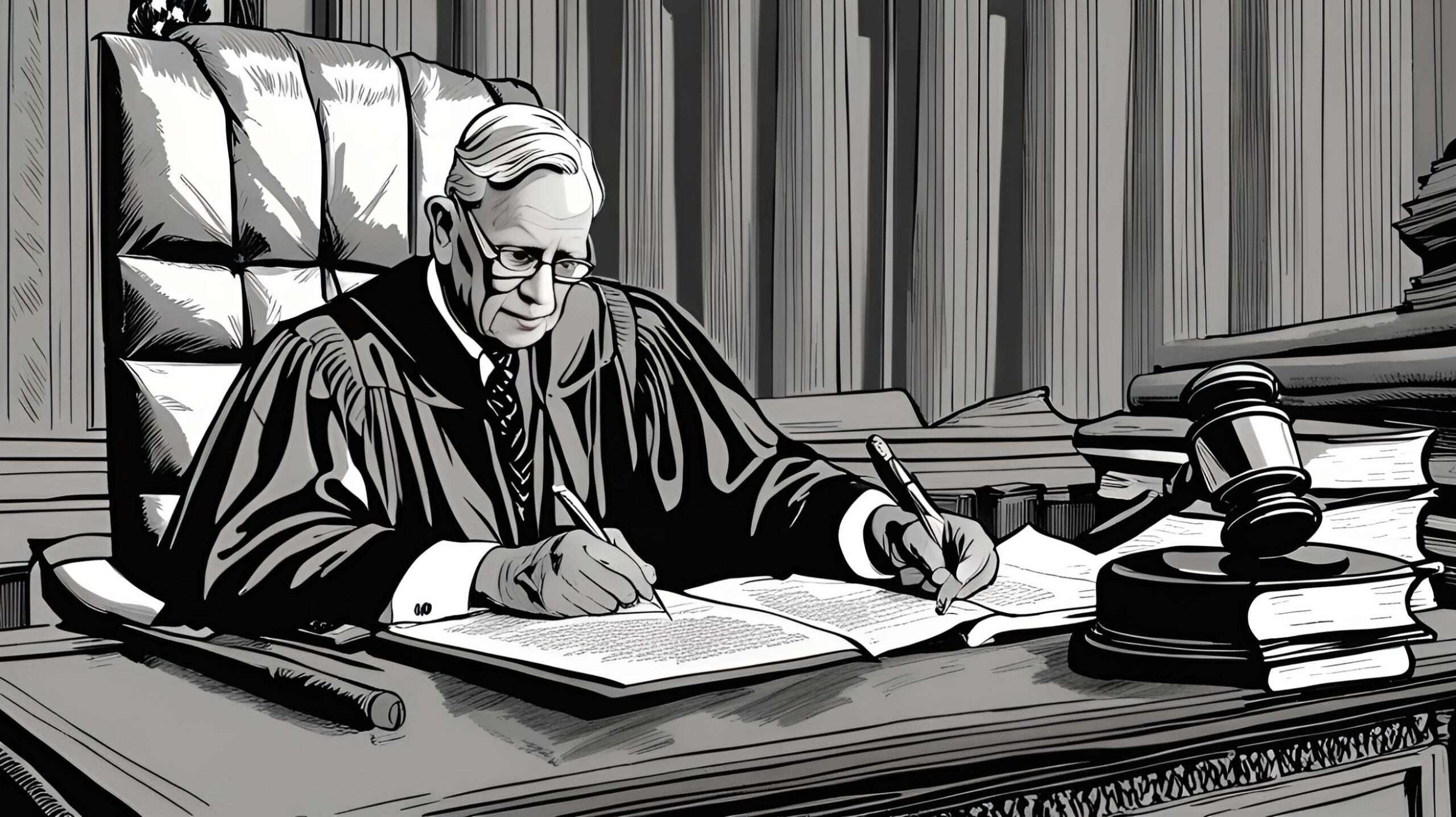Flashback to October 22
American History

On 11/12/1975, the pages of American judicial history were turned when US Supreme Court Justice William O. Douglas, one of the longest-serving justices in US history, decided to retire after a mammoth tenure of 36 years. An enduring legal luminary, Douglas’ legacy continues to resonate in the corridors of justice till today. This remarkable event and its significance need closer examination to understand the real weight it carried in the context of US jurisprudence.
Justice William O Douglas graced the US Supreme Court bench with his insightful legal acumen and progressive opinions from 1939 to 1975. Appointed by President Franklin D. Roosevelt, he was the kingpin in shaping the court’s liberal era, becoming a powerful voice for civil liberties, environmental protection, and individual rights.
A staunch defender of the First Amendment, Justice Douglas was renowned for expanding the horizons of free speech. His tenure witnessed groundbreaking decisions that enriched the American legal landscape. Ensuring the First Amendment’s protection extended beyond political speech, he was instrumental in safeguarding the freedom of expression.
Justice Douglas was also a forerunner in environmental conservation, emphasizing the importance of preserving natural resources for future generations. His vision was far ahead of his time, permeating the US Supreme Court’s decisions with a profound awareness of environmental issues.
Furthermore, Justice Douglas was a proponent of individual rights. His jurisprudence was marked by an unwavering commitment to preserving the dignity and autonomy of the individual, leading to numerous landmark judgments. His contributions to this area served as a beacon for subsequent Supreme Court justices, who continue to refer to his opinions even today.
Undoubtedly, Douglas’ decision to retire in 1975 marked the end of an impactful era within the American justice system. His 36 years of service on the U.S. Supreme Court bench remain unparalleled, and his departure from the court created a significant void that was felt across all corners of the American legal fraternity.
The event of Justice Douglas’ retirement was underscored by a sense of immense gratitude for his years of service. His departure also heralded a time of introspection, as the nation came to terms with the momentous loss of one of its most dynamic judicial figures.
Justice Douglas’ retirement was a defining moment for the future direction of the Supreme Court and the wider judicial system of the United States. His departure ushered in a new era of judicial appointments, setting the stage for a shift in the court’s makeup. This process has led to fresh debates, endorsements, and dissents, reflective of the evolving legal, social, and political landscapes of the country.
In turn, this event also facilitated a fresh examination of the roles and responsibilities of Supreme Court Justices, nudging the national conversation towards the topics of judicial philosophy and the court’s place in society. With a broadened perspective on these issues, the United States continued to refine its judicial machinery even after Justice Douglas’ departure.
We strive for accuracy. If you see something that doesn't look right, click here to contact us!
Sponsored Content

First commercial flight from…
"Experience the remarkable milestone…

In a televised speech,…
In his televised address…

3000 blacks demonstrate and…
On October 22, 1906,…

225,000 students boycott Chicago…
In a historic event…

American Professional Air Traffic…
On October 22, 1981,…

In Southeast Oklahoma, a…
Experiencing a historical seismic…

